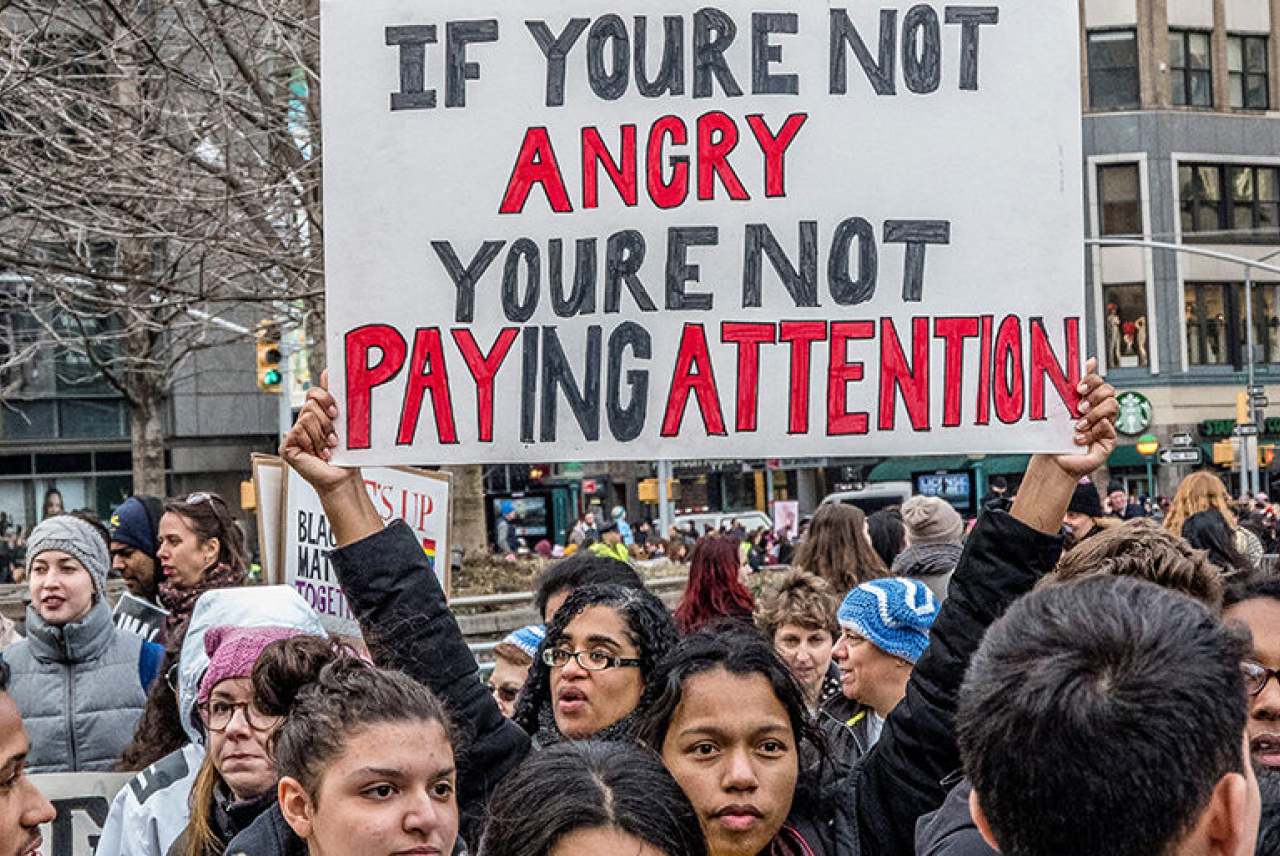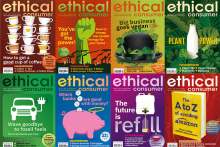Many NGOs, researchers and campaigners are working hard to stop society’s scales being tipped heavily in favour of some people and against others based on characteristics such as gender, ethnicity, disability (or lack thereof), class, and more.
A number of readers have asked if Ethical Consumer can incorporate a company’s DEI efforts into our ratings system, so we explored this idea. We don’t currently have plans to adopt this rating, for reasons explained in this article, but we wanted to share the findings and get your feedback.
DEI work aims to balance the scales
Would it shock you to hear that just 10% of Fortune 500* CEOs are women, and 0.02% are black? And about half went to private school? Probably not. (*Top 500 corporations worldwide as measured by revenue.)
We’re not particularly fussed about how many people from marginalised backgrounds have made it into the billionaire club, but stats like these do illustrate how our demographics influence our life chances.
Inequality between people with different identity characteristics is clear in the average UK population too: black households are on average the poorest, almost 1 in 5 LGBT people have experienced homelessness in their lifetime, and women are over twice as likely as men to face domestic violence.




